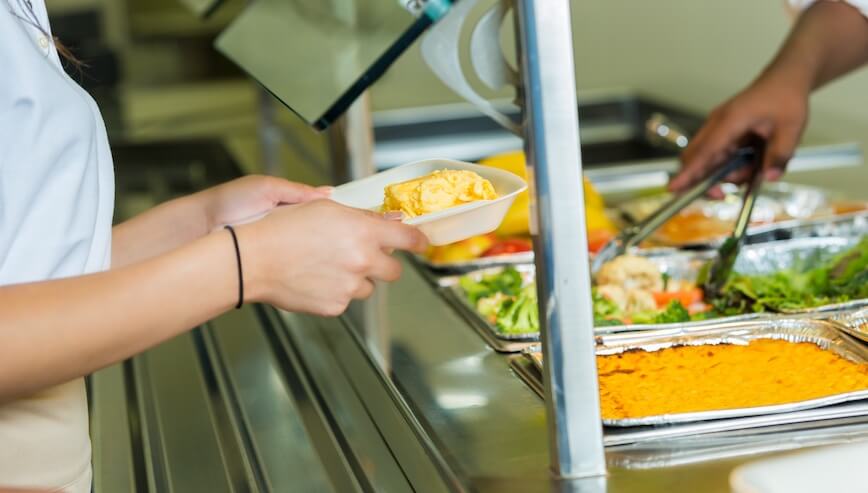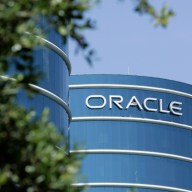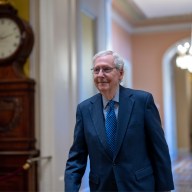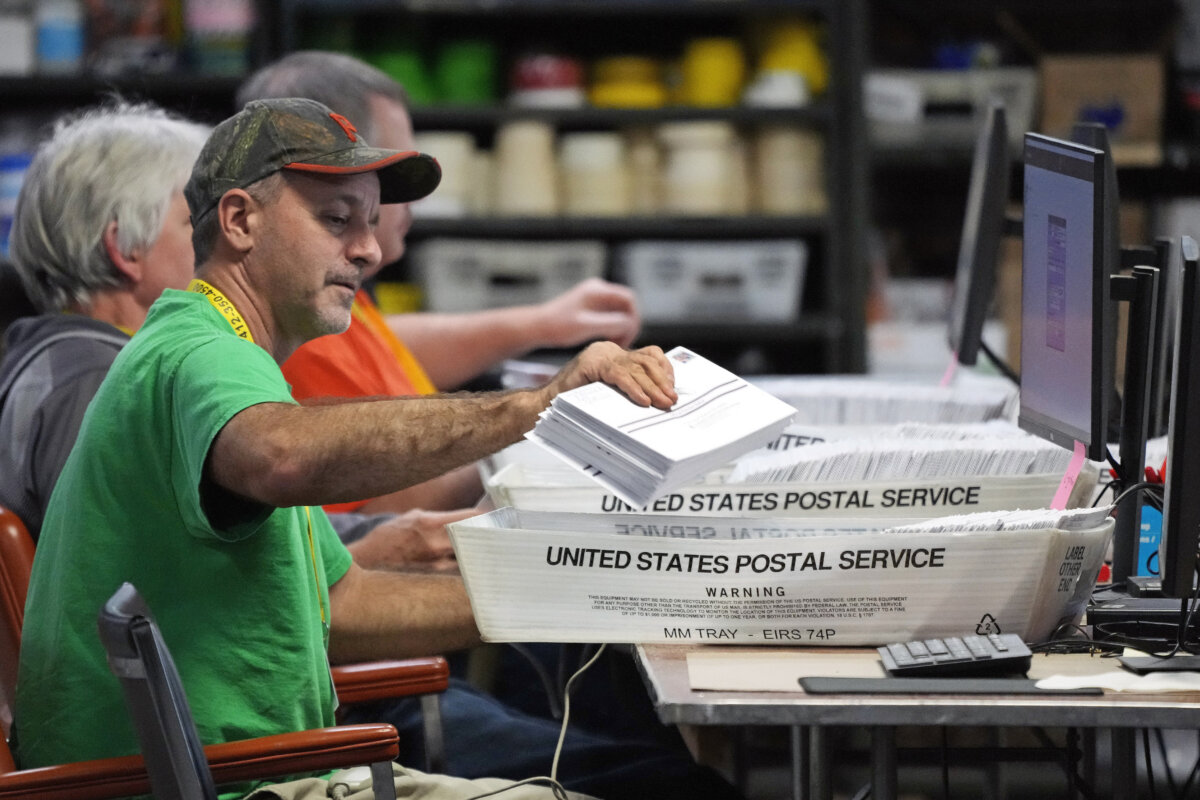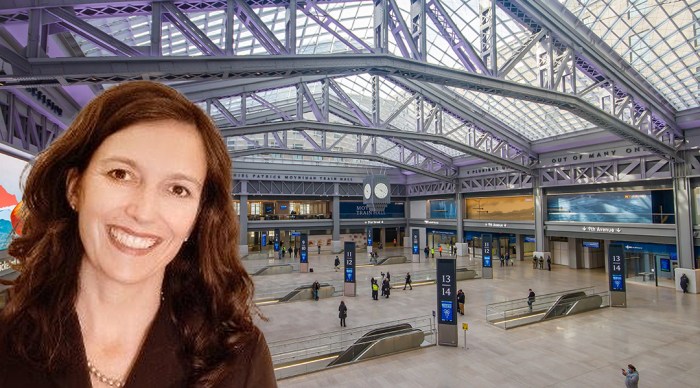It’s lunchtime, and young customers rush in to grab a quick bite. Some head for the hot station and check out the day’s odiferous selection of crisp, roasted vegetables, fresh-cut meats or pasta. Others hit the cold bar and explore a selection of grains, beans and greens. They customize their meals with a dressing or sauce of their choice and head to meet their friends.
No, it isn’t a high-end restaurant for children or an elite boarding school commissary. It’s the Bradley Elementary School in East Boston, a participant of the Hub and Spoke Project.
The project, which started last May, is an experiment aimed at bringing locally prepared meals to three schools in East Boston that do not have full-service kitchens. The program utilizes East Boston High School’s full-service kitchen to prepare meals for the three nearby “satellite kitchens” — Bradley Elementary, East Boston Early Education Center and Patrick J. Kennedy Elementary.
As part of the program, funded by the Shah Family Foundation, the participating schools received new Welbilt “combi-ovens,” which allow for steaming, roasting and even frying multiple types of food at one time without cross-contamination.
Entrepreneur and philanthropist Jill Shah, whose husband Niraj Shah founded e-commerce site Wayfair, said she was inspired to take action after she saw how frozen food was “prepared” at BPS schools. When Shah called the mayor’s office, they told her that it would cost Boston upward of $1 million to create a full-service kitchen.
“It takes patience to peel back the onion,” said Shah, who proved it cost $65,000 to start up their program. Each lunch costs the city $3.41 or less, the figure budgeted for each child’s lunch, plus labor and maintenance.
Of the 125 schools in the district, only 43 have full-service kitchens, so the schools rely on vendors to provide more than 13 million packaged meals a year.
This is not the first time the city has been pressed to make school lunch a priority. In 2013, John Connolly ran against Walsh as the self-titled “education candidate,” running TV advertisements calling for schools to rid cafeterias of expired food. In June 2015, the Citywide Parent Council proposed that BPS restore $2.3 million into the budget to re-open in-school kitchens, an item that was cut that April.
That same year, Superintendent Tommy Chang brought on San Francisco-based Revolution Foods and hired Laura Benavidez as the district’s first food and nutrition services director in three years.
The program’s first semester proved successful, and there are talks of expanding it into other areas of the school district. For now, they are still “working out the kinks,” said Daniel O’Brien, Boston Public Schools spokesman.
The Hub and Spoke Project brought in partners like Ken Oringer of Toro, Coppa, Uni and Little Donkey fame, local managers from Sweetgreen, restaurant designers from RealFood Consulting, former president of Trader Joe’s Doug Rauch, Friendly’s CEO John Maguire and former Shop & Stop CEO José Alvarez.
The program’s future looks bright, per Shah and her cohort.
“Our goal is to retrofit every school in the city of Boston,” Shah said. “We think about it in years, not decades.”

